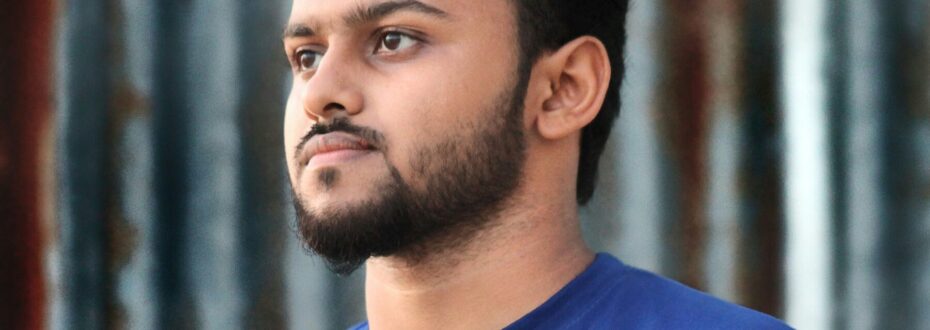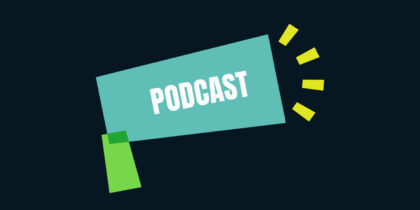Government plans to restrict people’s entitlements to disability benefits will put people living with mental ill health at risk and do nothing to boost economic activity, Centre for Mental Health warned today.
Personal Independence Payment (PIP) is a benefit paid to disabled people in recognition of the extra costs of being disabled. It is not means tested and is unrelated to whether someone is working or not.
For people with mental health problems, PIP can be a lifeline. It covers the extra costs of living with a mental illness. It can help people who are in work to stay in work, and provides essential income for those who are struggling to get by day to day.
Recent research found that half of people living with a mental illness in the north of England are in food poverty.
Centre for Mental Health chief executive Andy Bell said: “Personal Independence Payment isn’t a luxury. It’s a lifeline for people living with mental illness in a society that too often discriminates against and disadvantages disabled people. Many people who desperately need PIP struggle with the already high barriers to this vital benefit, making their mental health worse in the process.
“Making it even harder to get PIP, or replacing cash transfers with vouchers or ‘support’ won’t help people who are struggling to get by. It will make the system even harder to navigate, limit people’s freedom to make their own choices, and muddy the waters between social security, social care and the NHS. Ensuring more people get the mental health treatment they need from the NHS would be a better policy than replacing people’s financial entitlements with ‘therapy’ they should already be offered.
“People living with a mental health condition will be deeply concerned today to hear about the Government’s proposals and the threat of losing out on vital financial help. We stand with everyone who fears what this will mean for them, and we will continue to make the case for a fairer social security system, not yet more cuts to people’s entitlements.
“The rising cost of disability benefits is a result of higher levels of distress, especially since 2020. If the Government is serious about reducing the costs of social security, it needs to address the causes of poverty and disability. Rather than limiting people’s entitlements and making their lives even harder, the Government could take action now to improve the incomes of the poorest, improve and speed up mental health support, and tackle the causes of rising mental ill health.”





